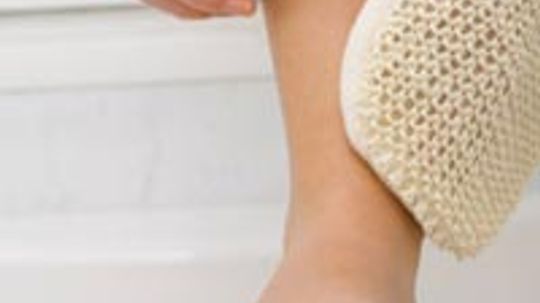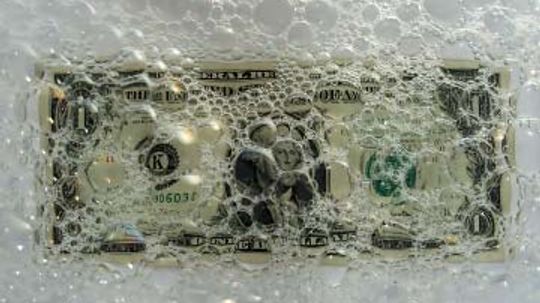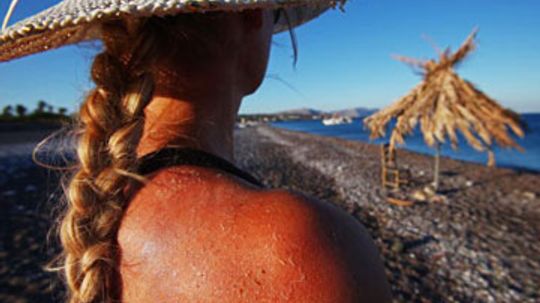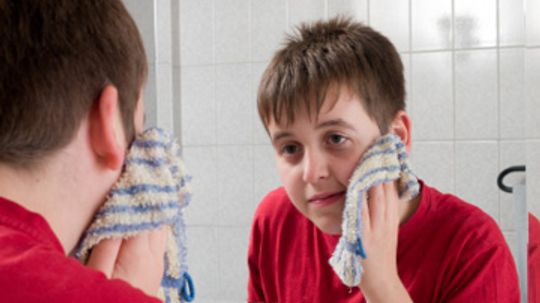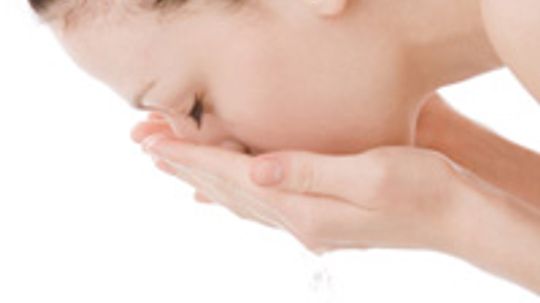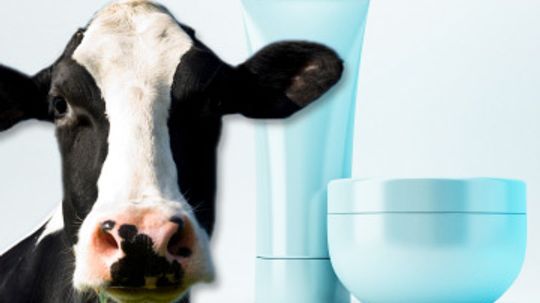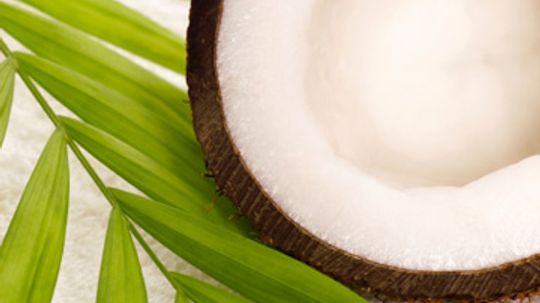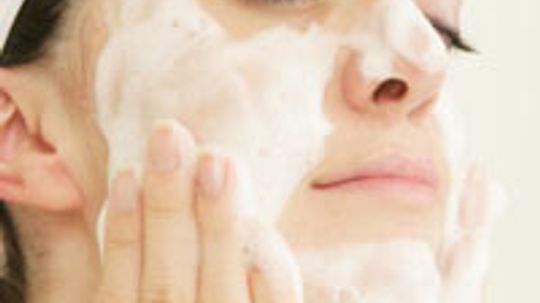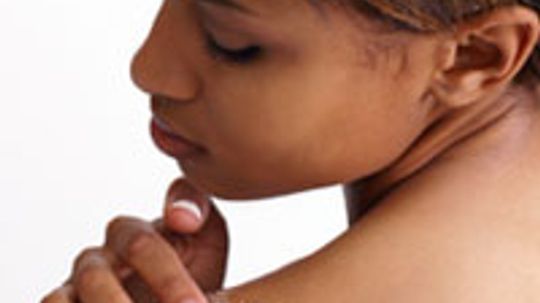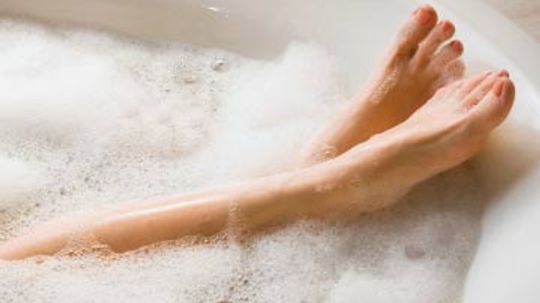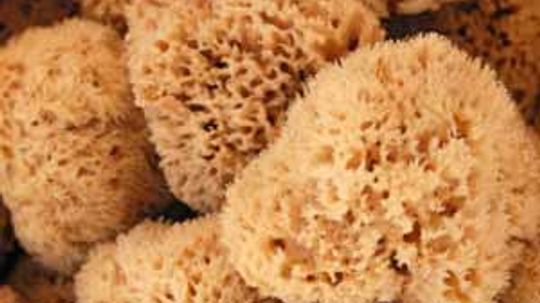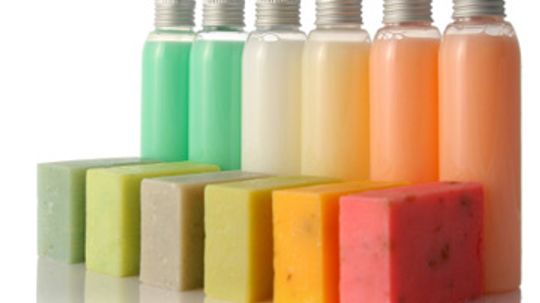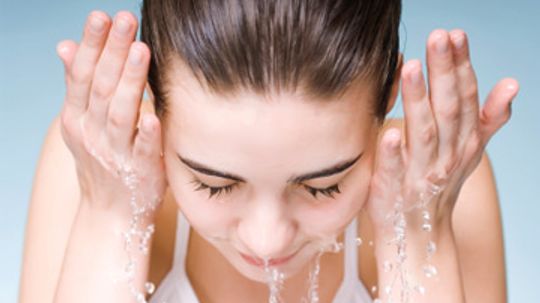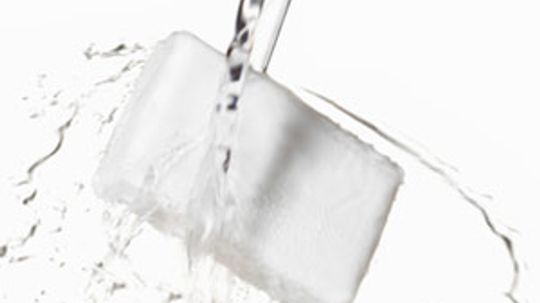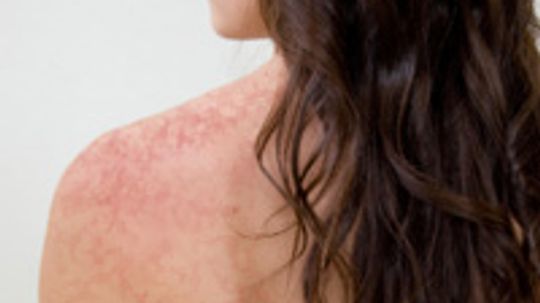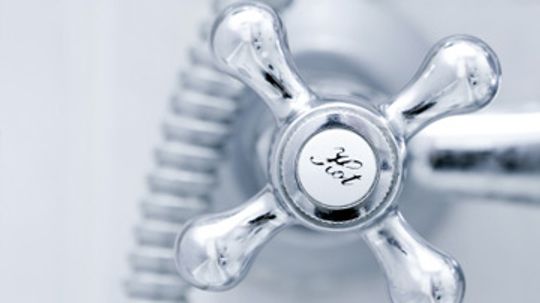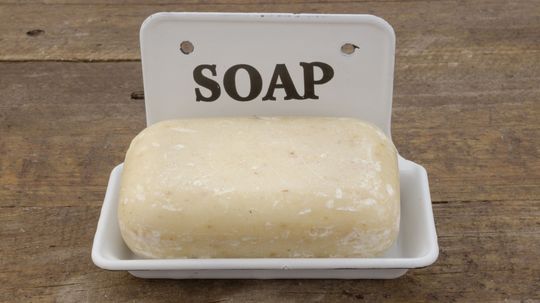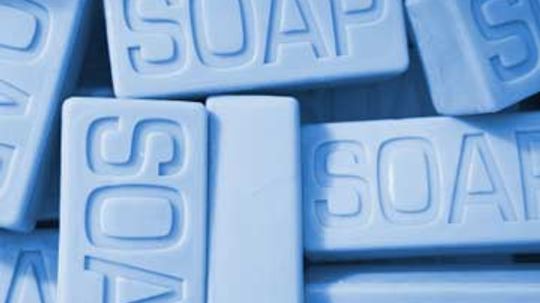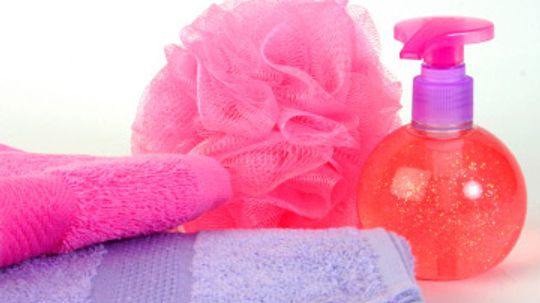Skin Cleansing
Skin cleaning promotes good hygiene as well as more youthful looking skin. Learn more about skin cleaning at HowStuffWorks.
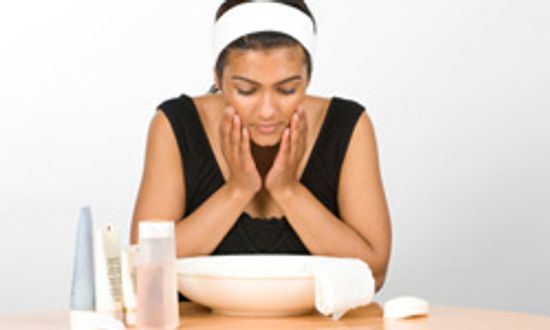
Quick Tips: Is It Normal for Your Face to Turn Red After Washing?
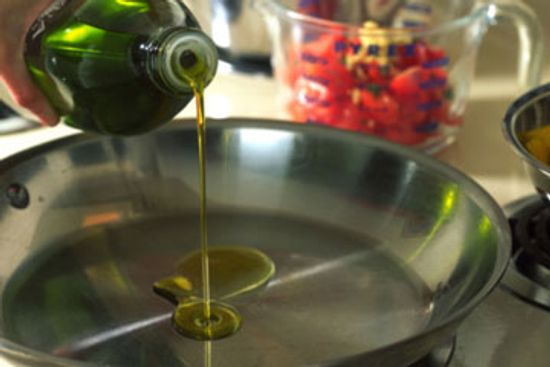
How to Wash Your Face with Olive Oil
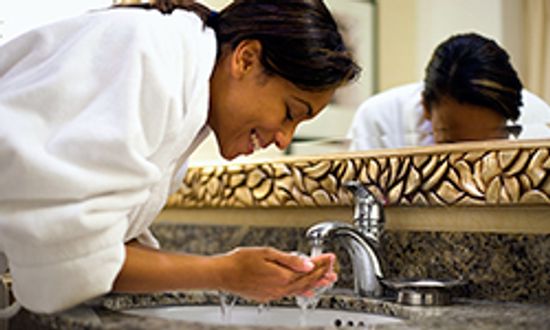
Quick Tips: Should you wash your face with warm or cold water?

The Best Face Cleansers for Your Skin Type
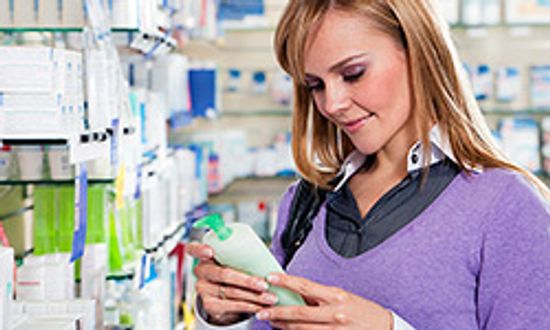
5 Ingredients to Avoid in Your Face Wash
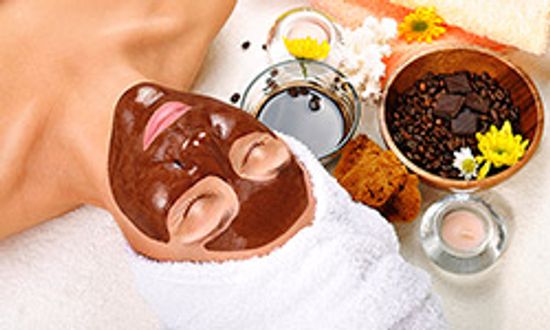
Are chocolate face masks bad for your skin?
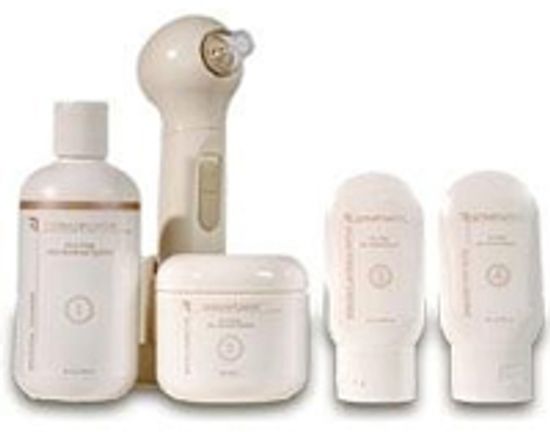
Are at-home microdermabrasion products good for your skin?
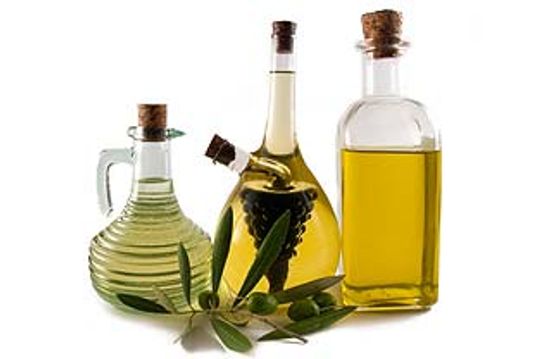
Oil Cleansing: Does Castor and Olive Oil Face Wash Really Work?
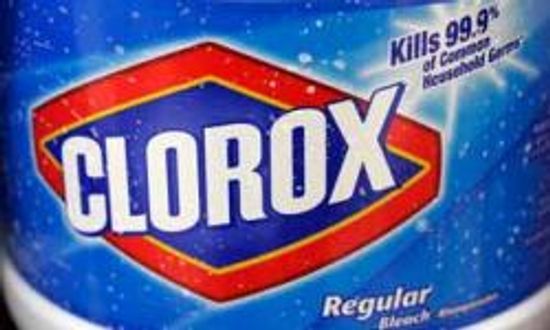
Quick Tips: Should You Wash Your Face with Bleach?
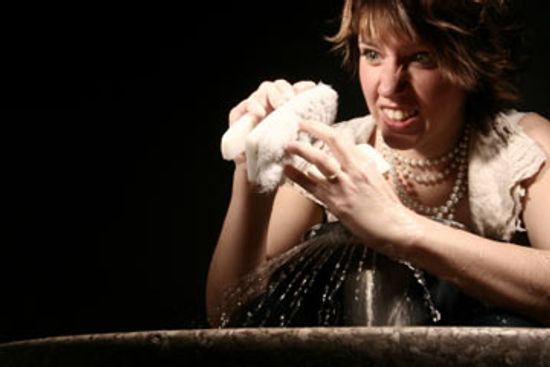
Can I damage my skin by scrubbing too hard?
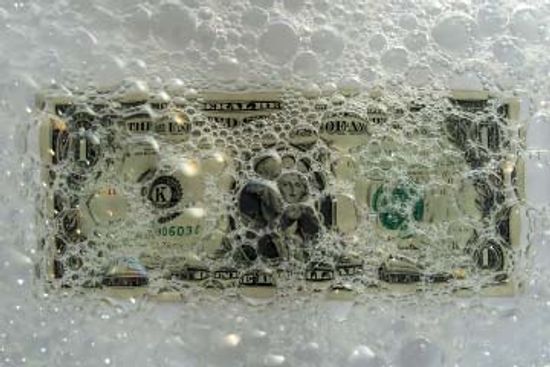
How to Cleanse Your Face for Cheap
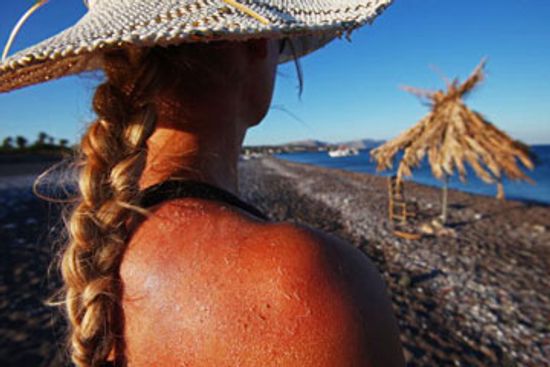
How to Cleanse When You Have a Sunburn
Learn More / Page 2
It's a cruel world sometimes. The tastiest foods are bad for your health, the finest things are bad for your wallet and long, hot showers are said to be tough on your skin. Are they?
Your mother was right: The world is a dirty place, full of germs and other icky substances. She was also right to remind you to wash your face every day. But what would happen if you didn't?
By Tom Scheve
Everyone has his or her own cleaning routine. Some prefer baths, while others enjoy a shower; some cleanse once a day, but others may wash infrequently. But is there one way to clean yourself that's better than others?
By Chris Jones
Advertisement
Sometimes, the lure of a beautifully packaged beauty product with a list of exotic ingredients is the siren call that leads you to the cash register. But if it's time to pinch pennies, what do you need to look for in a facial cleanser?
By Tom Scheve
A bad sunburn will leave you wondering how to get dressed or move, let alone clean yourself. What's the best way to wash sunburned skin?
By Julia Layton
While many people are comfortable using just soap and water to wash their faces, others rely on the use of a washcloth. Do washcloths clean any better? And are there any disadvantages you should be aware of?
If your skin becomes red, itchy and swollen after using a skin cleanser, you may be having an allergic reaction. What ingredients cause such a reaction, and how can you avoid them?
Advertisement
Men are from Mars and women are from Venus, right? Does that mean we need two separate face scrubs taking up space in the shower, too?
By Robert Lamb
Do you know what unusual skin care ingredients might be in your beauty products? See this gallery for unusual skin care ingredient pictures.
You may have noticed that "cocamidopropyl betaine" keeps popping up on the labels of your skin care products. But what exactly does this cleanser ingredient do?
You might think you know everything there is to know about washing your face, but there are ways to make your routine more effective. What techniques are right for your skin?
Advertisement
If the idea of bathing a squirming, slippery baby sounds intimidating, these tips can help. Learn proper techniques for holding your baby, and discover why tub baths aren't recommended for newborns.
If your skin is dull, flaky or oily, you may need to exfoliate. Exfoliating allows you to remove dead cells from the surface of your skin to reveal the bright, new skin underneath.
Bubbles may make baths more fun for children, and a sudsy soak may be just what you need after a stressful day. But bubble baths have some surprising health risks that could have you rethinking bath time.
Natural sea sponges have become popular as the green trend pushes forward. What exactly is a sea sponge, and how is it any different from a regular sponge?
Advertisement
With so many different soaps and body washes on the market, it can be difficult to select the right one for you. Find out if body washes or other cleansers will work best for your skin type.
There's nothing wrong with washing your face a couple of times per day -- in fact, most people recommend doing so. But if you start vigorously scrubbing one time too many, it can only lead to irritation.
Dry, scaly skin can be a problem, especially in winter months. Moisturizing skin cleansers let you shed your scales and molt into spring-fresh skin.
Is your face itchy? Figuring out the right products and the most effective cleansing routine are the first steps in providing relief for your dry skin.
Advertisement
Irritated skin -- whether red or dried-out -- can be a sign that you're using the wrong product for your skin. But is it time to change your cleanser?
You may have heard that hot water or steam can open up pores on your face, making it easier to clear out blackheads. But do your pores even have the physical capability to open?
Some of us are trained to look at the list of ingredients on boxes of cereal and candy bars, but have you ever scoured the back of a bottle of skin cleanser? Do cosmetics companies put everything on their labels?
Using bar soap or liquid soap is essentially a personal preference, but debates have raged on over which skin product works better. Can you stand a little soap scum, or does your cleanser come from a bottle?
Advertisement
With so many options out there for body soaps, it can be hard to decide which to choose. Could you be using one that's wrong for your skin type?
You might not think the difference between soap and body wash is a big deal, but there are some important distinctions. While soaps are rougher on the skin, body wash tends to be better-suited for sensitive skin types.


